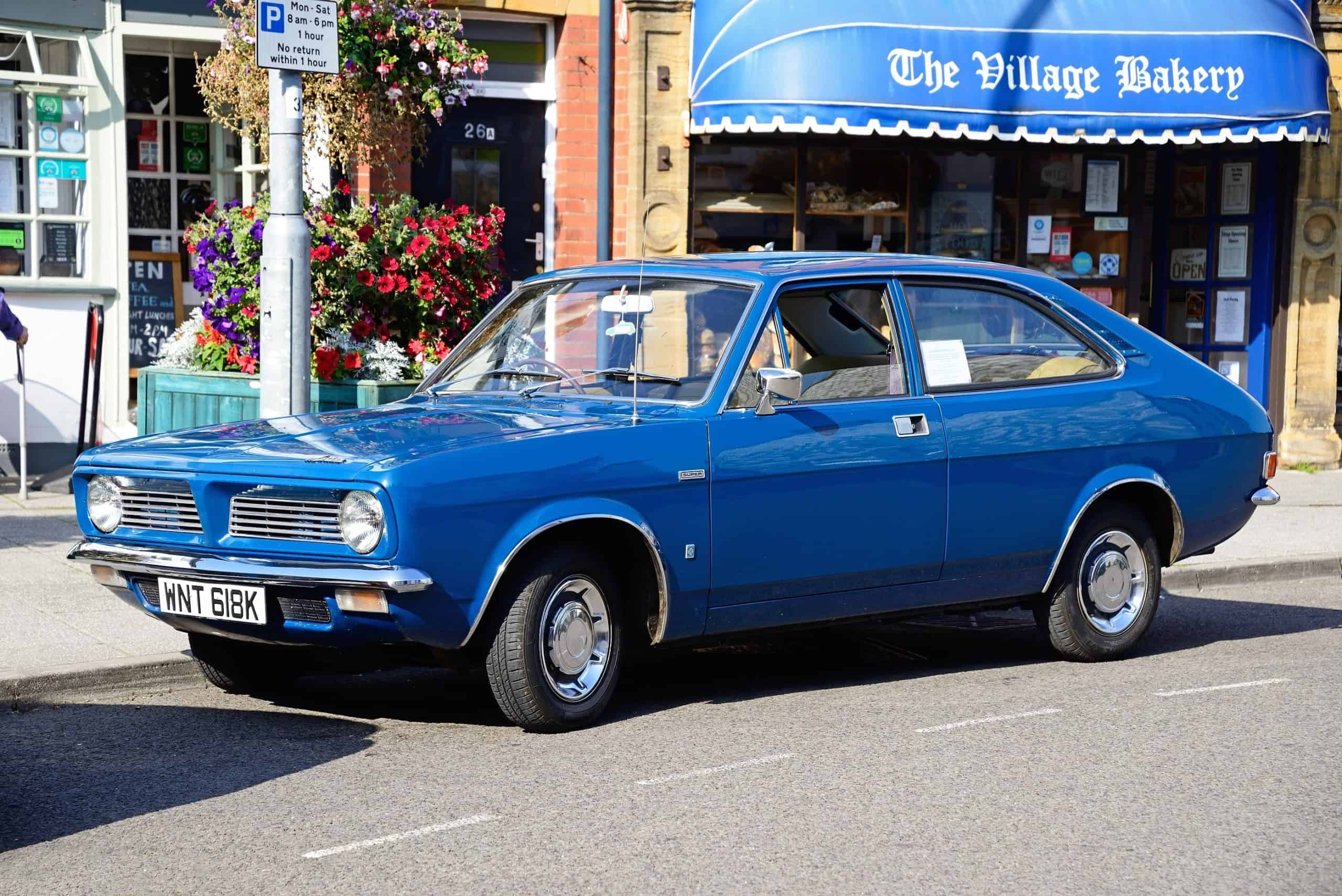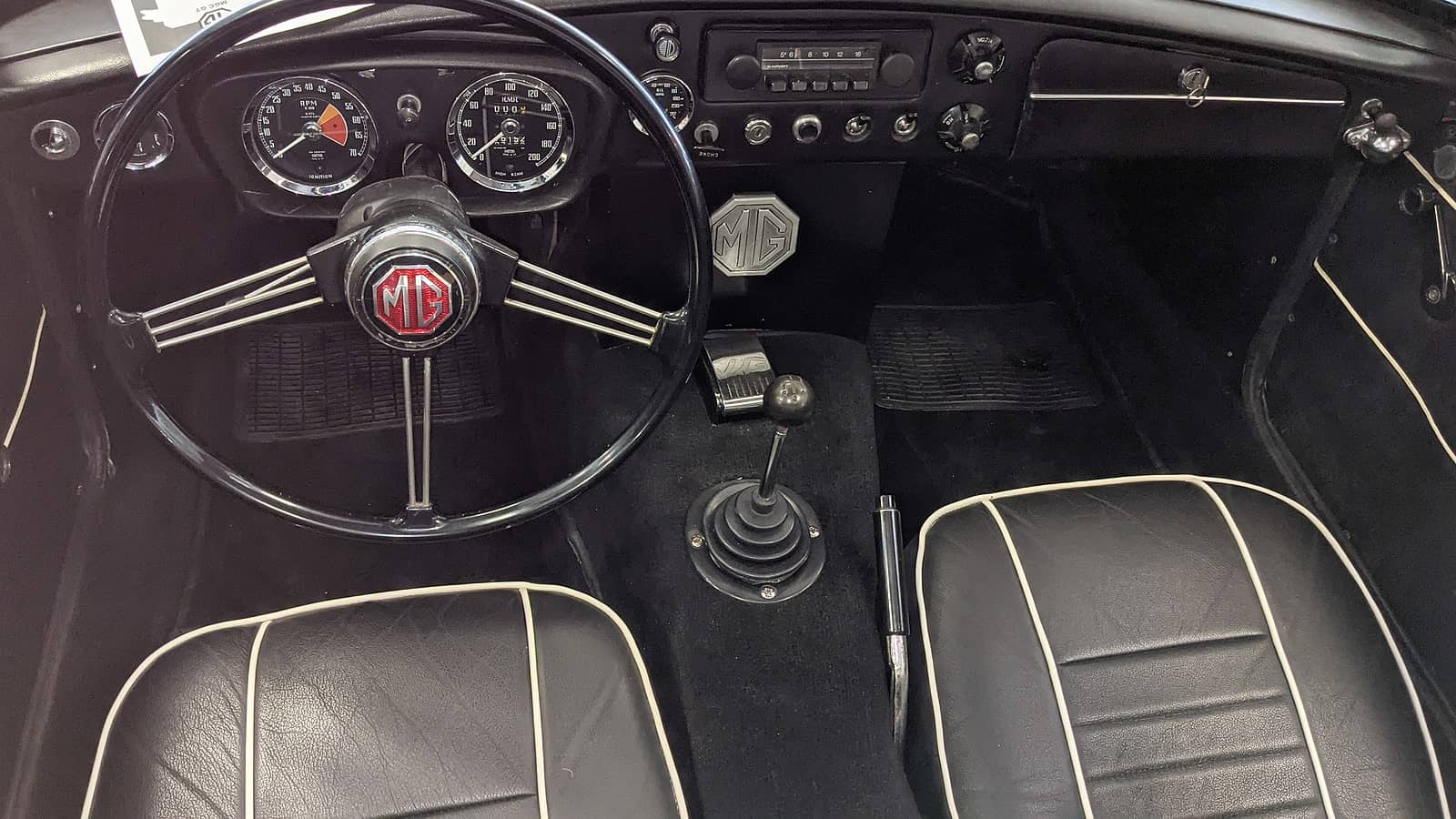If you’re lucky enough to own a classic car, you’ll know that they require a little more care and attention than your average vehicle. That’s why it’s important to make sure you have the right insurance in place to protect your pride and joy.
In this article, we’ll answer some frequently asked questions about classic cars and how you can make sure your classic car is protected.
What age does a car qualify for classic insurance?
In the UK, a classic car is generally defined as any vehicle over 15 years old that is valued at over £15,000. However, some insurers may also consider vehicles that are 10 years or older to be classics.
Here is a breakdown of the terms worth knowing:
- Veteran car: Any automobile manufactured before World War I is considered a veteran.
- Vintage – any vehicle constructed prior to 1930.
- Post vintage – any car built between 1930 and 1945.
- Classic – a matter of taste; sometimes based on the vehicle’s style, production numbers, or critical appreciation, but classics may include some vehicles as young as five years old.
There are a few things that can make a car a classic. Age is one factor, as we’ve already mentioned. But other things like the vehicle’s condition, rarity, and desirability can also play a part.

What type of insurance do I need for my classic car?
Most insurers will offer two types of cover for classic cars: limited mileage and agreed value. Limited mileage policies are usually only available for cars that aren’t used as your main vehicle and have an annual mileage limit of around 3,000 miles. Agreed value policies don’t have any mileage restrictions but you’ll need to agree on the number and stick to it in order to be compliant with your policy terms.
When insuring a classic car, it’s important to remember that most standard insurance policies won’t provide sufficient cover. This is because classic cars are often used differently to modern vehicles – they may only be driven on special occasions or for leisure purposes, for example. As a result, you’ll need to find a specialist classic car insurance policy that covers your needs.
What types of classic car insurance are available?
There are two main types of classic car insurance available in the UK:
Agreed value policies – With this type of policy, you and your insurer agree on a value for your vehicle before you start to insure it. This means that in the event of a total loss (e.g. if your car is stolen or written off), you’re guaranteed to receive the agreed amount from your insurer.
Market value policies – These work in a similar way to standard motor insurance policies, in that the payout you receive from your insurer will depend on the current market value of your vehicle.
What factors affect the cost of classic car insurance?
There are a number of factors that can affect the cost of classic car insurance, including:
The age and value of your vehicle – Older vehicles are generally cheaper to insure than newer ones. However, classic cars that are worth more will usually cost more to insure than those that are less valuable.
Your annual mileage – The fewer miles you drive, the lower your premiums are likely to be. This is because there’s less chance of you having an accident or making a claim on your policy.
Where you keep your car – If you store your vehicle in a garage or secure parking space, it’s less likely to be stolen or damaged, so you may be able to get a discount on your premiums.
Your driving history – If you have a clean driving record, you’re less likely to make a claim, so insurers may offer you a discount.
The level of cover you need – The more comprehensive the cover, the higher your premiums are likely to be. However, it’s important to make sure you have the right level of cover for your needs.

What other factors do I need to consider?
There are a few other things you need to take into account when insuring a classic car:
Modifications – If you’ve made any modifications to your vehicle (e.g. adding specialised equipment or changing the engine), you’ll need to let your insurer know. This is because modifications can affect the value of your car and the level of cover you need.
Breakdown cover – If you’re planning to take your classic car on the road, it’s a good idea to get breakdown cover. This will provide you with assistance if your vehicle breaks down or develops a mechanical problem.
Historic vehicle exemptions – If your classic car is more than 40 years old, it may be exempt from MOT and road tax . However, you’ll still need to insure it.
Do vintage cars have higher insurance?
Yes, vintage cars have higher insurance rates than other types of cars. This is because they are not as common, so there is less data on them. Also, they may be more expensive to repair or replace if they are in an accident. If you are considering buying a vintage car, be sure to factor in the cost of insurance when you budget for the purchase.
Looking for insurance can be a little tougher for classic car owners compared with standard vehicles, but it’s not impossible and you can expect to find a few brokers who offer this type of cover. The best thing to do is shop around to find the best quote.
QuoteSearcher can help you find the most competitive quotes for classic car insurance by putting you in contact with our panel of brokers. Fill out our form today to get started!